The (un)ethics of using data in your organization
/Looking back at history, we appreciate that just because something is legal, it does not mean it is ethical, and vice versa. For example, from recent history, Facebook may have satisfied legal requirements with Cambridge Analytica, but I think most of us would say what Facebook did was unethical.
Of course, decisions about data legal versus data ethical are not made in a vacuum. There are many changing factors and competing interests that blur the line. Some of these factors and interests are the quickly changing dichotomy of global views on data privacy rights, changing demographics and views of transparency and privacy, information and physical security, and quickly changing legal and regulatory environments. These items lead to significant questions businesses and governments are facing around data and how to use it.
This leaves a lot of questions.
How should organizations react?
Does it matter if these actions are for our own “good”?
What if these actions are for people's or society’s own “good”?
Does it matter if governments or organizations are transparent?
Can the ends justify the means?
The answers to these questions are not always so black and white. However, some organizations like Microsoft are taking the long view, in my opinion, and encouraging the world to align with General Data Protection Regulation (GDPR) standards. While others strongly oppose changes in line with the protectionist data privacy rights that GDPR provides.
I hope that society and organizations will be radically transparent in how data is collected and used. This means communicating with people simply and clearly. Doing this is not only good for people but also good for companies and society at large. Consumers are shifting and want ethical, transparent, and trustworthy organizations to support them. This is especially true for Millennials and Gen Z.
If organizations are radically transparent and simple on how data is being collected and used, then it is up to us as citizens to take the next step. Stop supporting companies, people, and parties that don't align with our beliefs. Doing so will result in beneficial change. At the same time, make sure not to get caught up in reacting to news stories without knowing the facts, as too often sensationalized stories sell over boring explanations.
Now, it is time for you to make a difference and not accept data legally to trump data ethics. If you are an individual contributor and believe your organization’s actions are unethical - leave! If you lead a team or organization that handles data - be transparent and communicate simply! If you are a manager with a team member who does not respect the data in your stewardship - educate and transform him! If you are a politician with a bill coming before you that seeks to remove data transparency, vote no!
Data legal versus data ethics is not just a matter of opinion or of profit. It is a matter of value and culture. Which way will you steer your ship?



